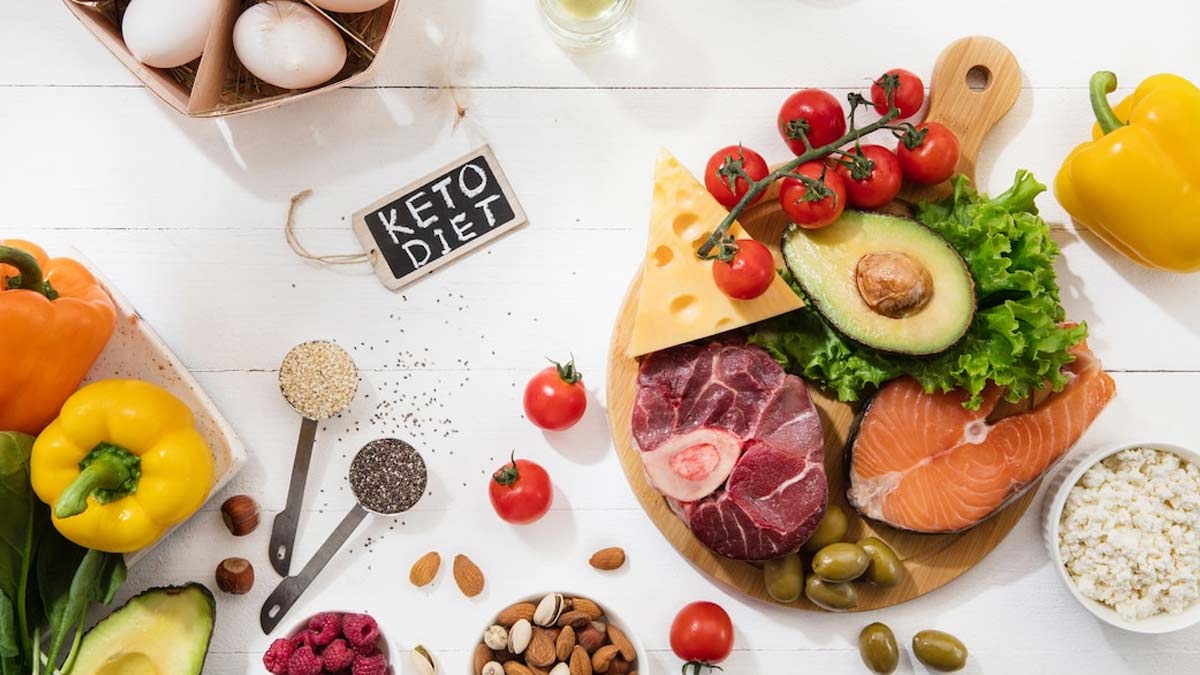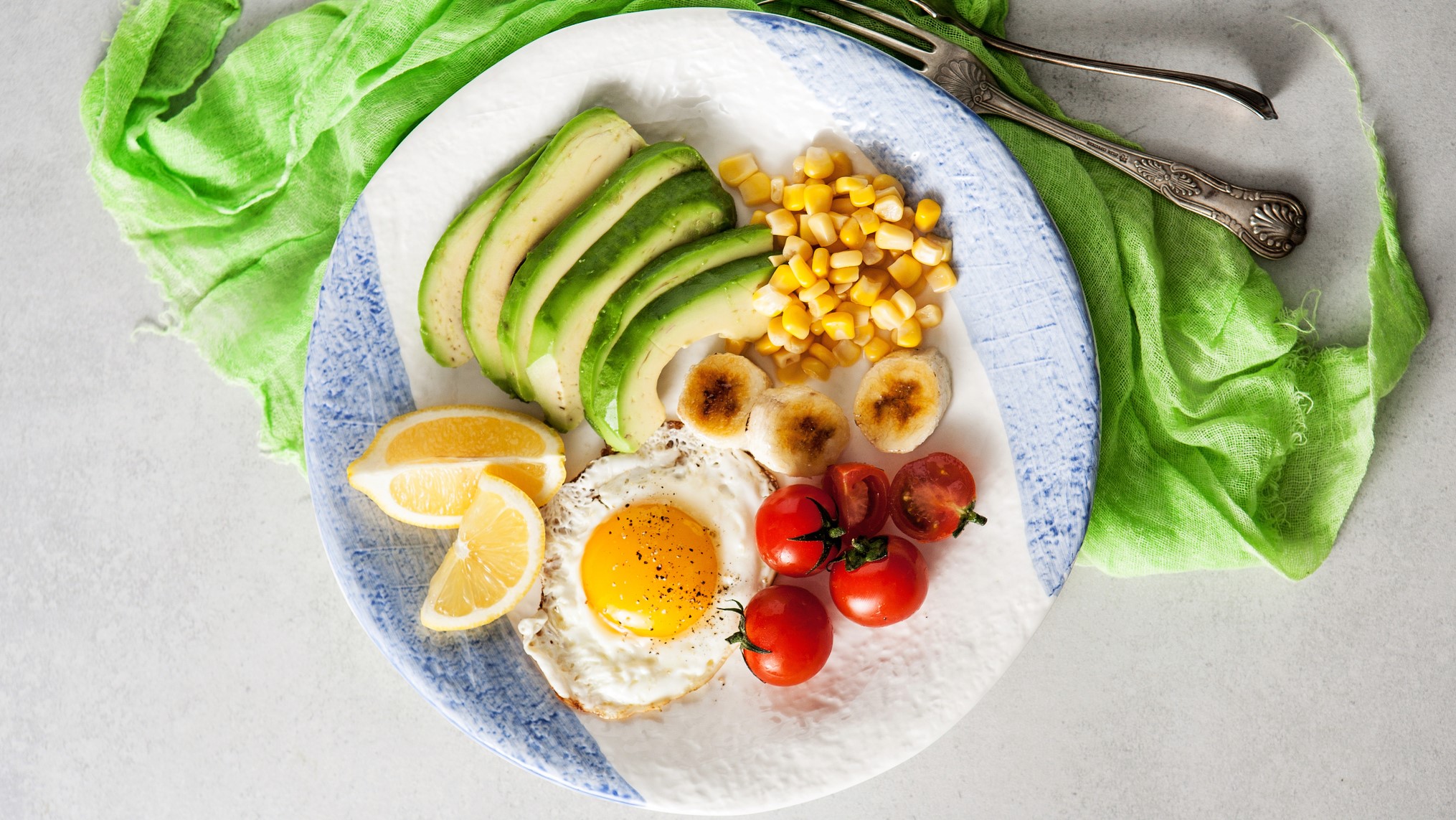A weight-loss journey involves various factors, including following a diet plan, and the Keto diet happens to be a favourite of many. You may have heard many fitness enthusiasts suggest it, but before including it in your fitness journey, you should know that the Keto diet can lead to diarrhea. Yes, you might experience a pooping problem if you follow the Keto diet. Does that mean you should avoid the Keto diet? Read on to know what an expert has to say about Keto diet diarrhea.
What is the Keto diet? The Ketogenic diet, or Keto diet, is a dietary therapy that focuses on foods that are high in fat, low in carbohydrates, and have a sufficient amount of protein. According to experts, it aids in weight loss by increasing metabolism and decreasing appetite.
Read More: “Elevate Your Nutrition with These 5 Healthy High Carb Foods”.
Keto diet and diarrhea The Keto diet generally has a side effect that you should be aware of – it may cause diarrhea. As your body adjusts to the new diet, diarrhea or stomach problems may occasionally become severe, says the expert.
Causes of Keto diet diarrhea The Keto diet emphasizes foods with lots of fat and few carbohydrates. When a person is on a Ketogenic diet, the body enters a condition of ketosis, where it uses fat as fuel instead of carbohydrates. As the diet can lead to changes in the digestive tract, it can also cause problems like diarrhea.

Here are some other causes.
- High fat The liver needs to produce bile to digest fat, and a meal with a lot of fat requires the liver to release more bile. Overproduction of bile, which is a natural laxative, may cause the digestive system to move waste around more quickly than usual, resulting in diarrhea, says the expert.
- Artificial sweeteners Those who follow a Ketogenic diet may consume more sugar alcohols and artificial sweeteners than usual. Excess consumption of artificial sweeteners could result in a laxative effect, leading to diarrhea.
Tips to get rid of Keto diarrhea
Keto diarrhea typically does not linger indefinitely, says the expert. If you are following a Ketogenic diet and experiencing gastrointestinal symptoms, you can do the following.
- Cut back on dairy products Whole dairy products are high in fat, and if you are following this diet, you may be consuming more of them than usual. This dietary change may indicate a dairy intolerance, which has symptoms like diarrhea and bloating.
- Consume more fiber Foods high in fiber like cucumber, cauliflower, and cabbage can relieve constipation or diarrhea, making them a great complement to the Ketogenic diet.
- Stay hydrated Drinking water helps a lot, and it is essential to adopt fluid replacement if you have diarrhea. You can replace the lost electrolytes and liquids by consuming water and sugar-free electrolyte beverages.
- Include prebiotics and probiotics While following a Ketogenic diet, eating more foods high in prebiotics and probiotics can help support the growth of healthy gut bacteria, reducing the gastrointestinal side effects of the Ketogenic diet.
- Consume fermented foods Fermented foods like kimchi may aid in improving digestion.

Ketogenic diarrhea is a typical side effect of the Ketogenic diet and is typically seen when first starting the diet. People with a history of digestive issues such as celiac disease and a condition called irritable bowel syndrome have a higher chance of experiencing diarrhea. People with a low tolerance for foods that are high in fat or those with a low tolerance for ingesting more dairy may also complain of diarrhea while following this diet.
Read More: Increase Your Brain Performance: Start Consuming Magnesium With Natural Ingredients.








